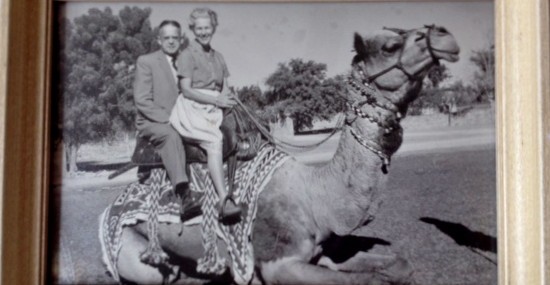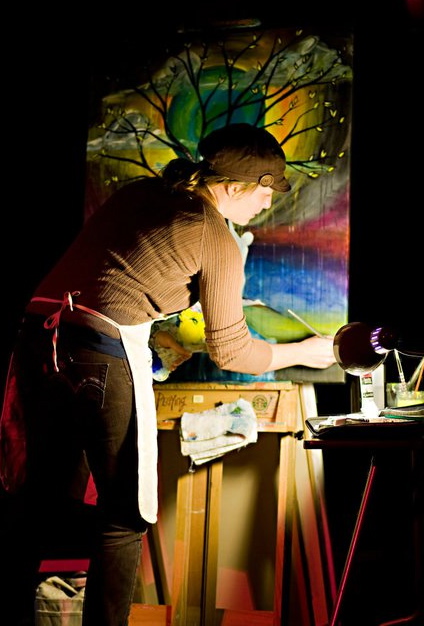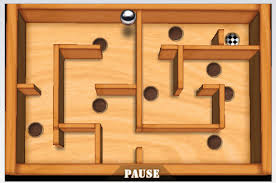“I don’t know Who—or what—put the question.
I don’t know when it was put.
I don’t even remember answering.
But at some moment I did answer Yes to Someone—or Something
and from that hour
I was certain that existence is meaningful and that, therefore,
my life, in self-surrender, had a goal.”
—Dag Hammarskjold, Markings
In my teen years and early twenties, Dag Hammarskjold’s book, Markings, captivated me. I found it in my grandmother’s library. She was an evolved woman for her time. Beautiful, smart, articulate, and full of the Holy Spirit—she was really something. My grandfather left love notes in her Bible, addressing her as “Myrtle, my queen.” Above is a photo of my grandparents when they worked in New Delhi India, after the Gandhi years.
I think what moved me about my grandmother and also Hammarskjold was their capacity to talk or write about things in a real way. Not many in their generation did.
Perhaps that’s why J.D. Salinger’s, The Catcher in the Rye, exploded on the literary scene in 1951, because few had written so honestly.
Wikipedia says, Salinger’s book still sells a quarter of a million copies every year and has been translated into nearly all the world’s major languages. “The novel deals with complex issues of identity, belonging, connection and alienation.” Not that we’ve ever needed more icons of teenage rebellion. But most people want more honesty.
It’s also why I like Don Miller’s writing voice and his breakout book, Blue Like Jazz: Non-Religious Thoughts on Christian Spirituality. The subtitle alone hooked me. I crave authenticity.
And that craving inspired me to write, Closer Than Your Skin. I didn’t have an appetite to write a pedantic, preachy kind of non-fiction book. That would be “drivel” as one editor put it. I wanted to write honestly about the Christian journey and mostly talk about a real God—not knowledge, theology, or platitudes but tangible encounters.
Experiencing God begins with saying, “Yes.” It began that way for me, and it can begin that way for you. Hopefully it already has.
Let me share one of my “yes” encounters.
Ray Hughes spoke at a Bozeman conference in July 2009. My friend Patrisha Gazy, a prophetic artist, was asked to paint. During the worship time, she started working on a large canvas up near the stage.
At that time in my life, my book had been published and in stores for 19 months. I’d also completed a 34-cities, 55-events, book tour that I paid for and organized. It took a ton of time and energy and was a financial risk. By God’s grace, book sales paid for it in the end.
My editor encouraged me to write another book—maybe a novel this time. Are you kidding? A prophetic lady I met on the tour prophesied that I would write many books. (BTW, there are two other prolific authors named, “Susan Hill,” both from England—maybe she confused me with them!)
The truth? I couldn’t even imagine it. I was tired.
So God decided to approach the subject in a different way, and one night I had a dream.Continue reading












